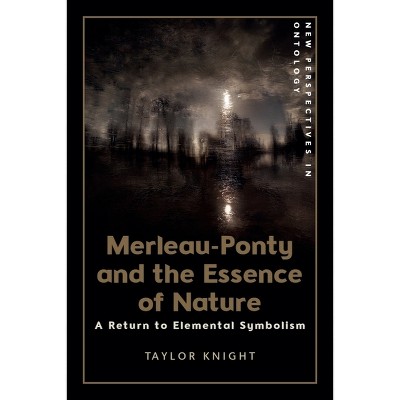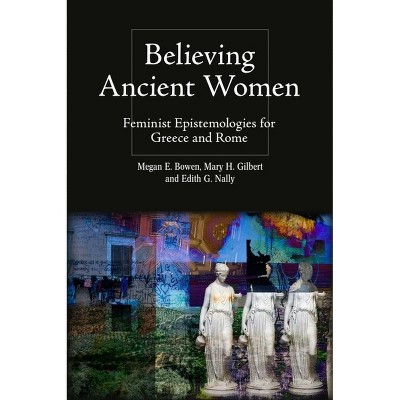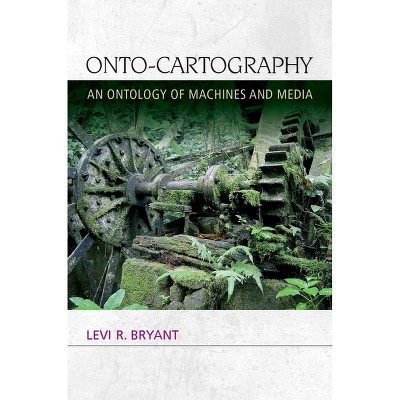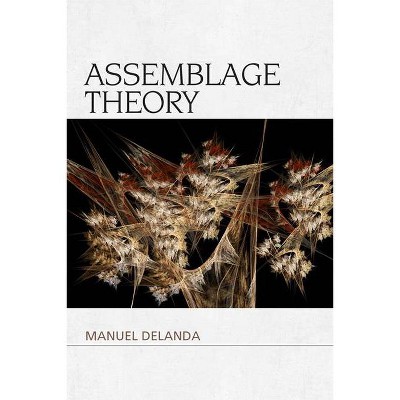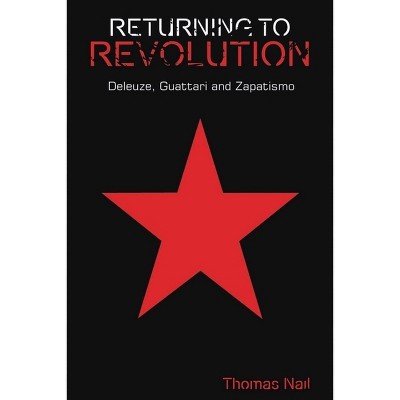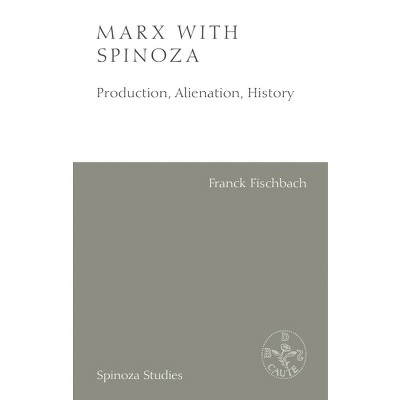Sponsored

Matter and Motion - by Thomas Nail
In Stock
Sponsored
About this item
Highlights
- Thomas Nail traces an alternative history of ancient and modern thinkers who share a radically different understanding of the nature of matter and motion compared to the rest of the Euro-Western tradition.
- About the Author: Thomas Nail is Distinguished Scholar and Professor of Philosophy at the University of Denver.
- 176 Pages
- Philosophy, Metaphysics
Description
About the Book
Thomas Nail traces an alternative history of ancient and modern thinkers - from the Bronze Age to quantum physics - who share a radically different understanding of the nature of matter and motion compared to the rest of the Euro-Western tradition.Book Synopsis
Thomas Nail traces an alternative history of ancient and modern thinkers who share a radically different understanding of the nature of matter and motion compared to the rest of the Euro-Western tradition. From Archaic Greek poetry and Bronze Age Minoan religion to the Roman poet Lucretius, and from German philosopher Karl Marx and English writer Virginia Woolf to contemporary physicists Carlo Rovelli and Karen Barad, Nail identifies a minor tradition of what he calls 'kinetic materialism' and its three central ideas: indeterminacy, relationality and process.
For the most part, Western thinkers have considered matter and motion to be inferior to more formal and static principles. Philosophers placed metaphysical categories such as eternity, God, the soul, forms and essences at the 'top' of a hierarchy that secured and ordered the movement at the bottom. This has real consequences in our world. By placing stasis above motion, this hierarchy places form above matter, life above death, God above humans, humans above nature, men above women, white skin above brown skin, the first world over the third world, citizens above migrants, straight above queer... The result? Patriarchy, capitalism, racism, homophobia, ecocide. Nail seeks to undermine this inherited hierarchy and the notion that matter and motion are inferior. There are no fixed authorities. This new history of matter and motion leaves the good life up to us, whoever we may become.
From the Back Cover
A radical history of indeterminate materialism from prehistory to the present The crystallisation of a decade of research, Matter and Motion traces a line of ancient and modern thinkers who shared a radically different understanding of matter and motion inside and against the Euro-Western tradition. Many have understood matter and motion as relative and as reducible to form and stasis. But, here for the first time, Thomas Nail traces the history of an alternative orientation in which matter and motion are understood as indeterminate relational processes - what he calls kinetic materialism. Thomas Nail is Distinguished Scholar and Professor of Philosophy at the University of Denver and author of numerous books, including Theory of the Object, Lucretius I, II, III, Returning to Revolution and Being and Motion. His research focuses on the philosophy of movement.About the Author
Thomas Nail is Distinguished Scholar and Professor of Philosophy at the University of Denver. He is the award-winning author of eight prestigious University Press books which cover a wide range of topics including migration, borders, technology, digital media, history, science, economics, contemporary politics and climate change. His current research focuses on the influence of mobility on society and the arts in the 21st century. His work has been translated into ten major languages and cited across more than 20 academic disciplines. His published books are Marx in Motion: A New Materialist Marxism (Oxford University Press, 2020), Lucretius II: An Ethics of Motion (Edinburgh University Press, 2020), Theory of the Image (Oxford University Press, 2019), Being and Motion (Oxford University Press, 2018), Lucretius I: An Ontology of Motion (Edinburgh University Press, 2018), Theory of the Border (Oxford University Press, 2016), The Figure of the Migrant (Stanford University Press, 2015) and Returning to Revolution: Deleuze, Guattari, and Zapatismo (Edinburgh University Press, 2012). He also writes for Aeon: Ideas and Culture, The Huffington Post, Quartz, Pacific Standard: The Science of Society, History News Network and Monthly Review.
Shipping details
Return details
Trending Philosophy



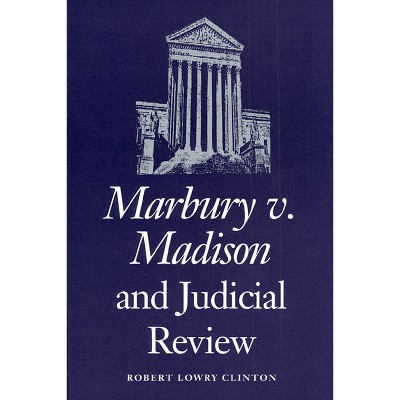



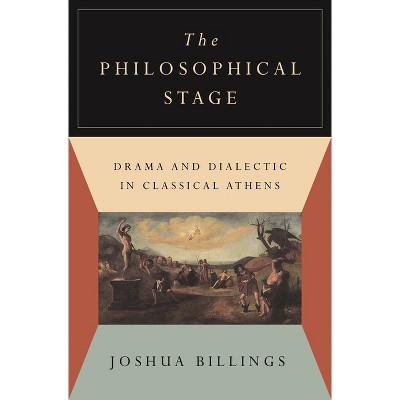



![Zen and the Art of Motorcycle Maintenance [50th Anniversary Edition] - by Robert M Pirsig (Paperback)](https://target.scene7.com/is/image/Target/GUEST_a091177a-e446-4862-8fd2-fbddb3522083)
